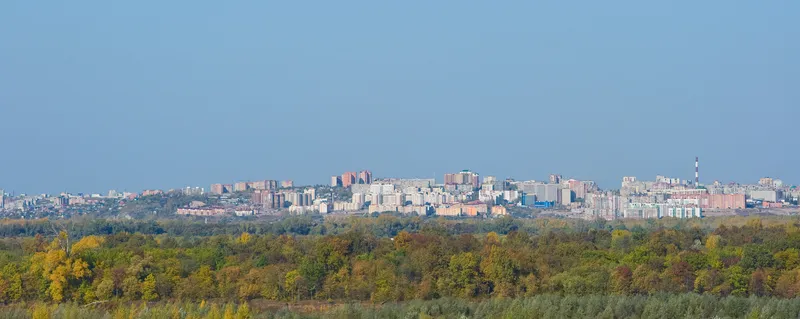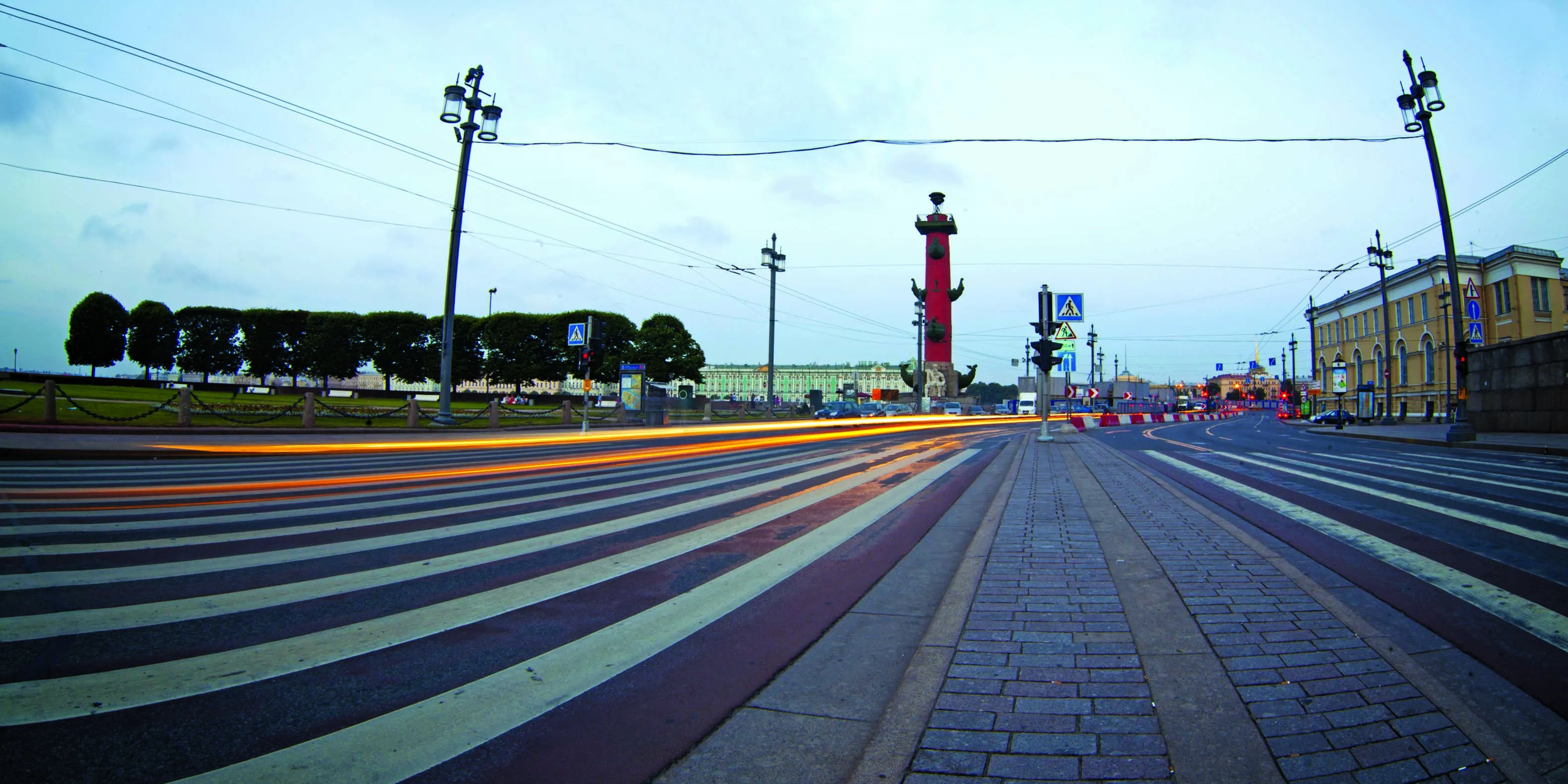Plans for a new crossing for the Kerch Strait are now moving forward. The Russian roads company Avtodor is in charge of the project, which calls for the building of both road and rail connections. As series of options are being considered and in all the work is expected to cost in the region of US$8.2-$10.9 billion. There are eight options being investigated at present, with five looking at bridges to carry both road and rail and a further three for combined connections with bridges for the roads and tunnel
June 10, 2014
Read time: 2 mins
Plans for a new crossing for the Kerch Strait are now moving forward. The Russian roads company 3974 Avtodor is in charge of the project, which calls for the building of both road and rail connections. As series of options are being considered and in all the work is expected to cost in the region of US$8.2-$10.9 billion. There are eight options being investigated at present, with five looking at bridges to carry both road and rail and a further three for combined connections with bridges for the roads and tunnels for the rail links. The least costly option is for a twin deck bridge carrying road and electric rail links with two lanes of vehicle traffic in either direction on one deck and twin tracks on the other. The most costly option will be for a bridge carrying twin traffic lanes in either direction as well as a tunnel for the twin track rail connection. A feasibility study is being carried out by the Giprotransmost Institute, which will be completed by November 2014. This study will determine the project costs more accurately, allowing Avtodor to decide on which of the eight alternatives will be selected.
This is not the first bridge to be constructed across the Kerch Strait. Russian forces built a rail connection across the Kerch Strait, which was opened in late 1944 and carried troops. However the bridge was destroyed by ice flows in early 1945 and it was not rebuilt. There have been plans to build a bridge across the Kerch Strait since the collapse of this first structure, however these have been hampered by the sometimes difficult relations between the Ukraine and Russia. The problems between the two nations reached a head in 2003 over the disputed territory of Tuzla Island, lying in the Kerch Strait, due in part to the construction of a dam linking Russia to the island.
The project to build road and rail links has since been revived although it is not clear how the most recent spate of troubles between Ukraine and Russia will affect plans for the road and rail link.
This is not the first bridge to be constructed across the Kerch Strait. Russian forces built a rail connection across the Kerch Strait, which was opened in late 1944 and carried troops. However the bridge was destroyed by ice flows in early 1945 and it was not rebuilt. There have been plans to build a bridge across the Kerch Strait since the collapse of this first structure, however these have been hampered by the sometimes difficult relations between the Ukraine and Russia. The problems between the two nations reached a head in 2003 over the disputed territory of Tuzla Island, lying in the Kerch Strait, due in part to the construction of a dam linking Russia to the island.
The project to build road and rail links has since been revived although it is not clear how the most recent spate of troubles between Ukraine and Russia will affect plans for the road and rail link.








